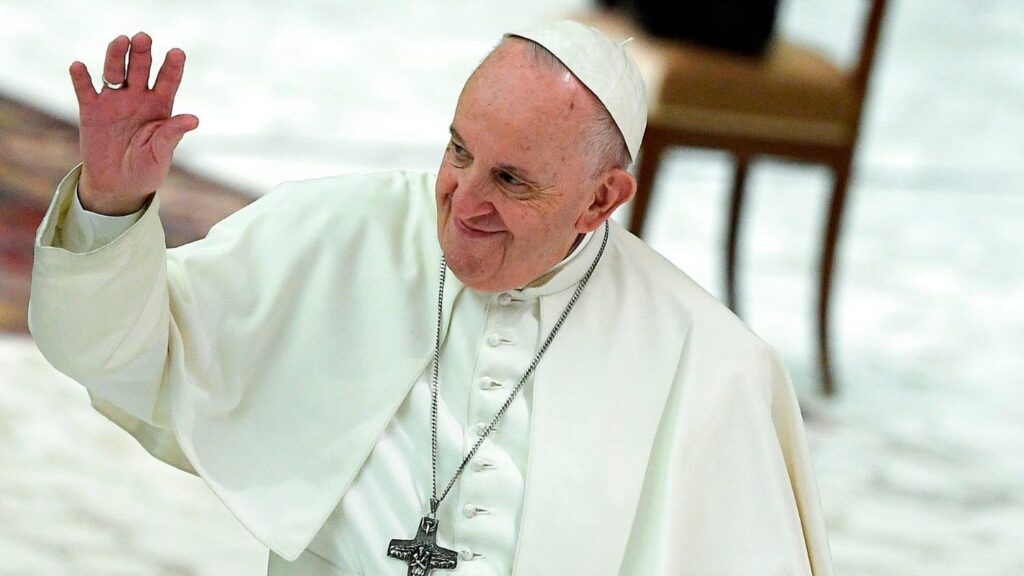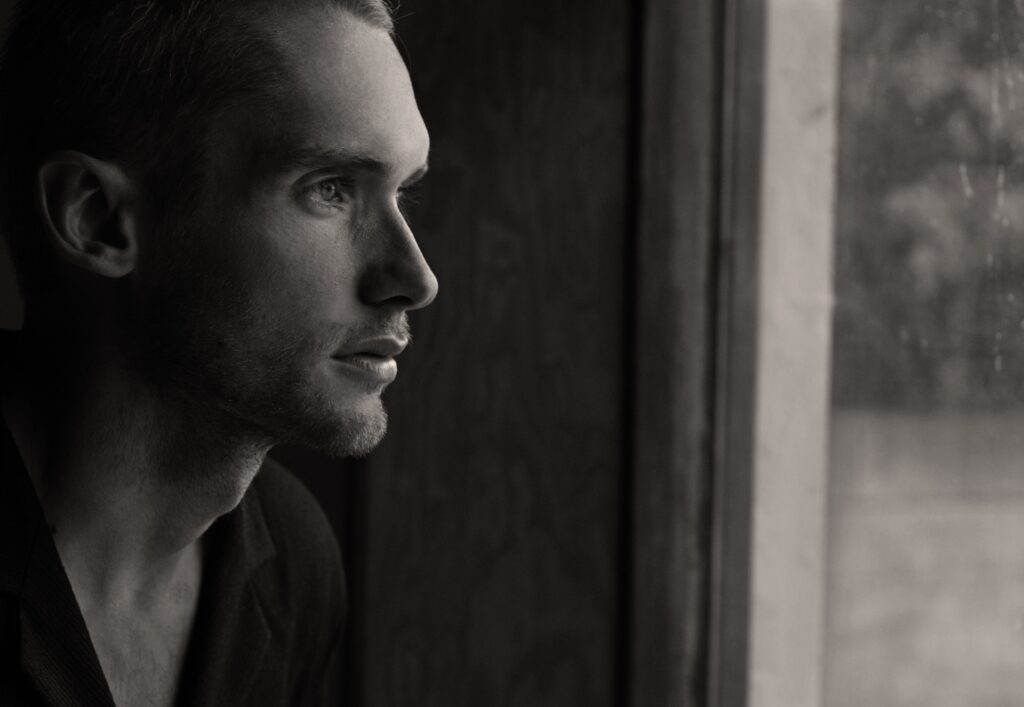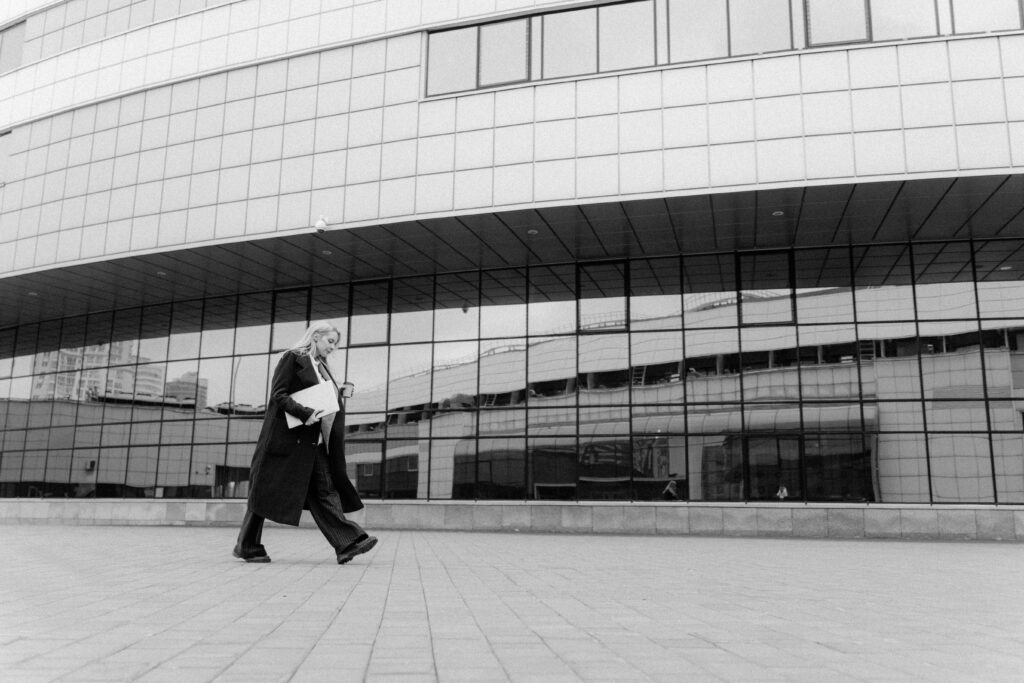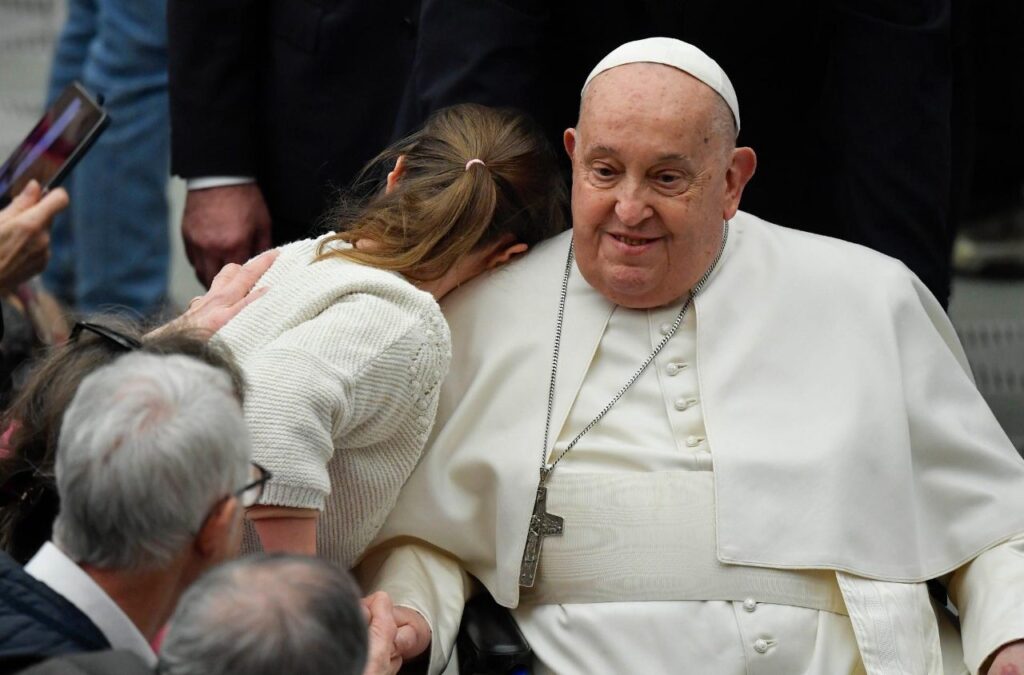A Pope Never Goes Away
The teaching and example of Francis will live on

Although Pope Francis has passed away and his tomb next to the Madonna of his love has been sealed, his brilliance will not fade. This is what fellow countryman Palito Ortega, a singer, called “A New Light” … in a beautiful song he dedicated to him at the beginning of his pontificate, twelve years ago.
A pope dies, but he never goes away. He remains in his writings, actions, measures, and reforms, as well as his travels and visits, which are perpetuated in squares, streets, and healthcare centers, while leaving an indelible mark on all the information highways: social media, websites, and audiovisual platforms.
Even if we feel like the disciples of Emmaus, deeply saddened and yearning to recover what was lost, we must be certain that a pope—and someone of Francis’s stature—will continue to accompany us on the journey, not only with his intercession, but also in a remarkable and timely way with his teachings.
A Teaching of the Frontier
Not only did he explain the Scriptures to us—his hundreds of homilies are there to delve deeper into—he also taught us to feel like brothers and sisters to all, to touch the flesh of Christ in the poor, to ignite the fire in our hearts, and he even took the time to warn us about the ethics of artificial intelligence and the prudent use of social media and cell phones.
Added to this is his firm stance against pedophilia among the clergy, as well as his commitment to a dignified life for the elderly and the necessary attention to young people, whom he mobilized by asking them, in his own language, to “make a scene!”
It was he who warned the world a decade ago, invested with the authority of one who serves and wearing his sober white robes of peace, that if nothing concrete was done, the sea would be a “graveyard for migrants.” Just look at him… At that time, he also sounded the alarm against the depredation of the Amazon and charged us to be “custodians of creation.”
Along with that, he called for an end to a “third world war” that was bleeding the world’s different regions dry… just as we are now suffering. His calls for peace continued unabated, nor did his conviction that “every war is a failure.”
Brave and rebellious
Since he decisively assumed the position of the Barque of Peter on March 19, 2013, he predicted that the only way to reverse bad or outdated things would be with the “Joy of the Gospel” and “Open Fraternity,” the two lungs through which his pontificate breathed, while his own were wearing thin…
In his final years, he led the Church sitting in a wheelchair—due to a knee injury—but he still continued traveling to countries, receiving visitors, and signing new decrees to reform the Vatican—including the necessary financial cleanup—while enduring the pain inflicted by his opponents, even at home.
Given that “one doesn’t govern with one’s knees,” as he said, he continued appointing more women to assist him, catechizing every Wednesday, tweeting every day, while also giving clear journalistic interviews with very high audiences and many readers.
He was also the one who, in this last decade, “made a mess” with his renowned documents, such as encyclicals and apostolic exhortations, along with other writings. Among these was the long-awaited constitution Praedicate Evangelium, which has already almost completely reformed the Vatican Curia.
His letters on the protection of minors, the one on Saint Joseph, the one explaining the meaning of the “Nativity Scene,” and the one incorporating the “Offering of Life” as a new path toward the cause of canonization are moving.
He was also right with the autographs that spoke to us of divine mercy or the one that shortens and facilitates the process of marital annulment; there is also the letter Desiderio desideravi, on the necessary liturgical formation of the People of God.
In addition to these, he published very appropriate guidelines for the creation of the ministry of the catechist and the granting of lectorate and acolyte to women.
The Imprint, the Legacy
The entire world appreciates that these have been twelve years during which he asked Catholics to be more merciful than just, and more fraternal than impervious, even with those who “don’t pass through the door.”
He also leaves us his very personal and motivating words, which are already words in a Bergoglian dictionary, with which he insists on a single message, addressed to every Christian: that we stop “balconing” and always “put ourselves first.”
He didn’t want us to be “indie-freaks” or lazy, but rather to “go out” to evangelize, until “the sole of our shoes wears out.”
The Pope left after celebrating Easter with his people and blessing them Urbi et Orbi, while they read for him—for he was already short of breath—a message of hope for the Holy Jubilee Year, which he had called with great enthusiasm and wisdom. In other words, he died with his cassock on.
Related

The Four Seasons of Your Life: Much More Than Music
P Angel Espinosa de los Monteros
28 April, 2025
3 min

Divine Mercy, the Small and the Great
José María Montiu de Nuix
27 April, 2025
5 min

Reversing Social Deterioration: A Task That Begins in Business Management
Alejandro Fontana
25 April, 2025
4 min

The Revolution of Tenderness
María Elizabeth de los Ríos
25 April, 2025
3 min
 (EN)
(EN)
 (ES)
(ES)
 (IT)
(IT)

